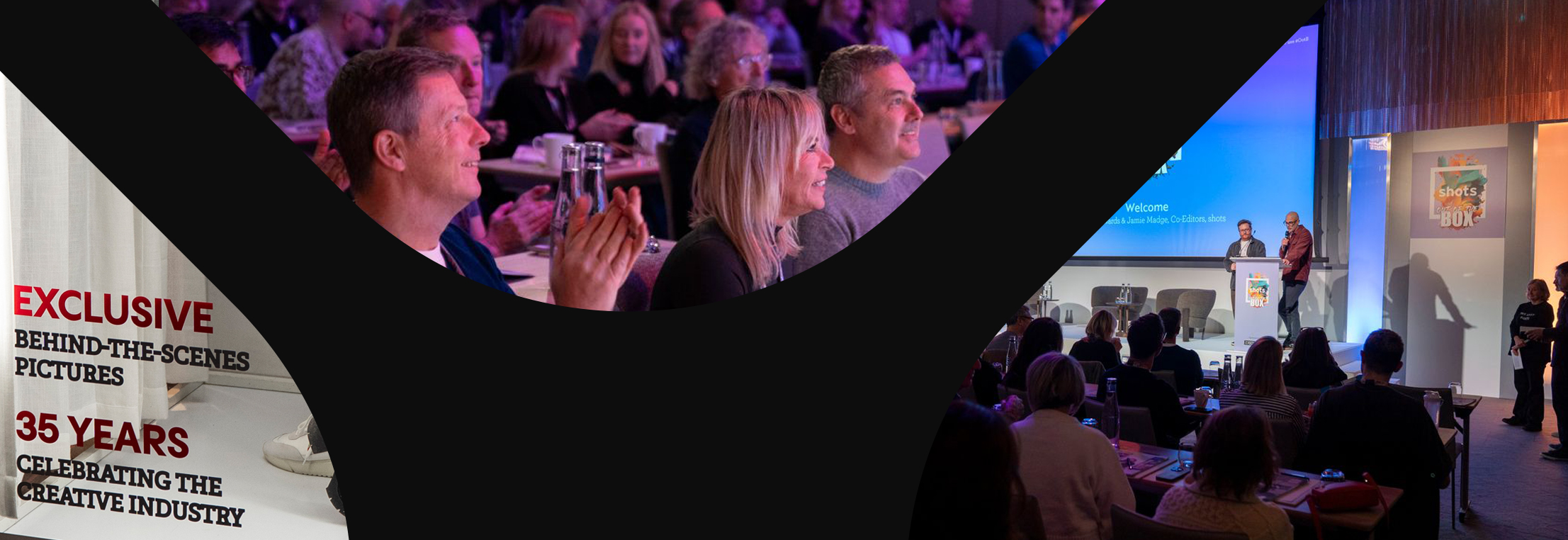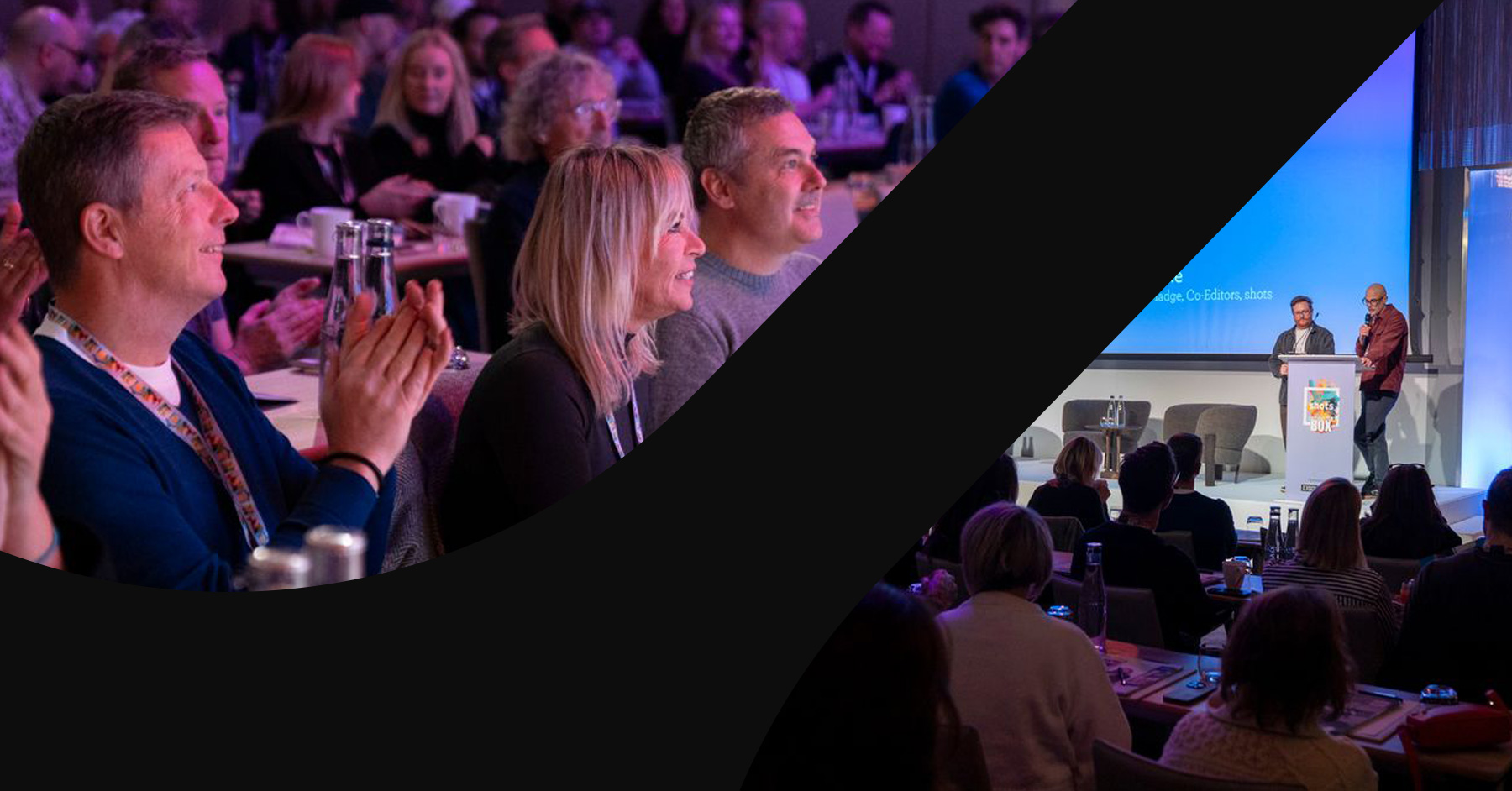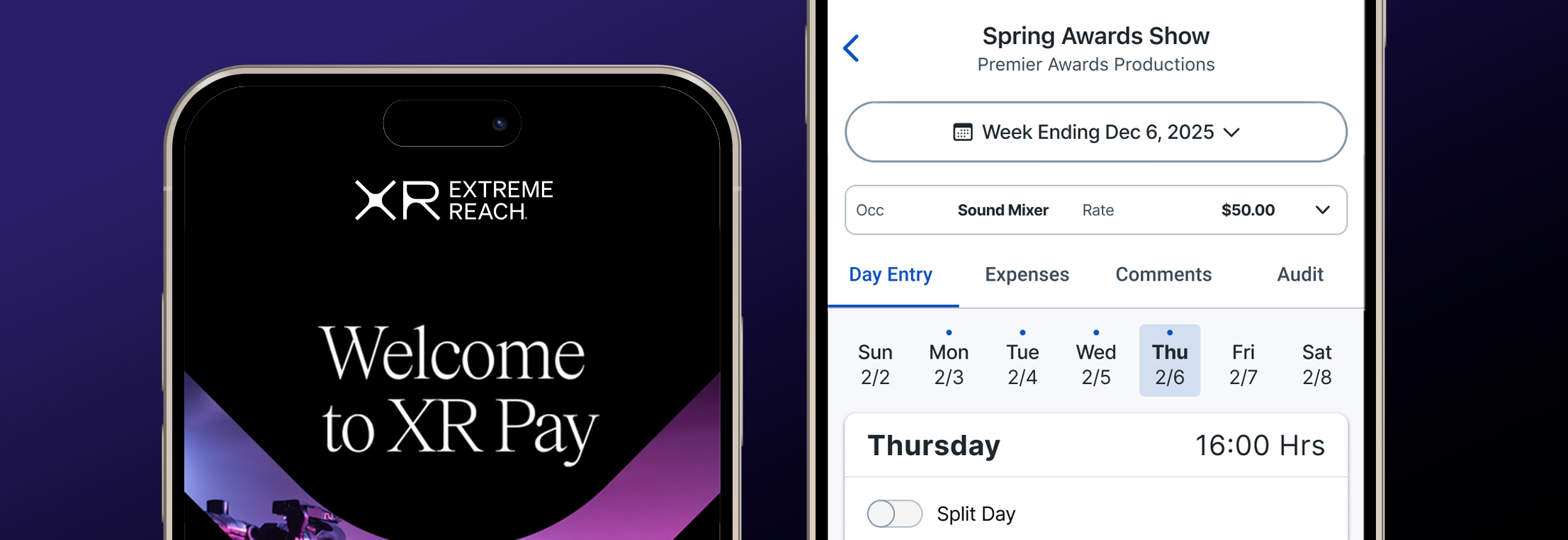Consumer Preference for Sustainable Products is Growing: Marketers Make Note
Today’s grocery aisles and drugstore shelves are packed with products boasting “eco-friendly” or “fair trade” labels, which reflect a growing consumer preference to buy ethically sourced items. In fact, a 2020 McKinsey & Company survey found that 60-70% of US customers would pay more for a product that was sustainably packaged. Last year’s NielsenIQ study further supported those findings by reporting that 78% of Americans believe in the importance of pursuing sustainable lifestyles. Now, a joint McKinsey and NielsenIQ report aims to answer just how much consumers care about sustainability—and how their purchasing behavior backs up those claims. The companies analyzed 44,000 brands across 32 food, beverage, personal care and household categories over a five-year period from 2017 to 2022. Here are a few key takeaways for marketers to keep in mind.
1. Consumers are spending on sustainable goods. Along with expressing their verbal preferences for products that uphold environmental, social and governance (ESG) standards, consumers are putting their money where their mouths are. Items that made ESG claims—such as “cage free,” “biodegradable” and “vegan,” among other labels—saw an average of 28% more growth over the five-year period compared to 20% for products that didn’t include such claims.
2. More is better. Making multiple ESG claims pays off. In nearly 80% of the categories considered, the data showed a positive correlation between sales and sustainability. Products able to promise two or more ESG benefits—and back up their claims with legitimate initiatives or valid certifications—grew nearly twice as fast as those with a single ESG-related action.
3. Growth occurred across the board. Both large and small brands that made valid ESG claims enjoyed sales spikes from 2017 to 2022. The same rang true for new and established brands, which saw growth in 32% and 68% of categories, respectively, compared to their counterparts that didn’t offer ESG benefits. Finally—and perhaps most surprisingly—ESG products performed well across all price tiers. This suggests that even during a period of inflation, when consumers are more cost-conscious, they’re not necessarily searching for the cheapest-available item but the most-affordable ESG product available.
Brands are listening to consumers and responding with new environmentally conscious campaigns. WhatIF Foods, the eco-friendly company based in Singapore that rose to fame last year after reinventing instant noodles, just released a new 60-second spot focused on regenerative farming practices. In similar fashion, plant-based food brand Tindle is on a mission to revolutionize the way humans eat—and they may be succeeding. The global plant-based food market is projected to reach $77.8 billion by 2025, and experts say it will more than double by 2030. This is good news for both consumers and the planet!
Whether you’re a marketer or agency looking to advertise on any digital or linear screen, with an eco-conscious partner, Extreme Reach brings speed, simplicity, and accuracy to every campaign launch. Reach out today to learn more.



.jpg)
